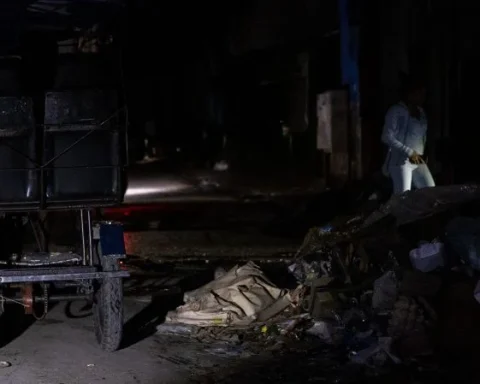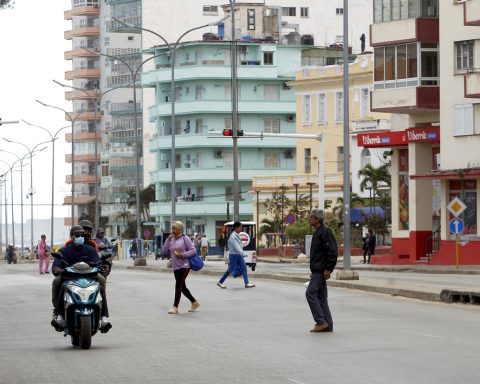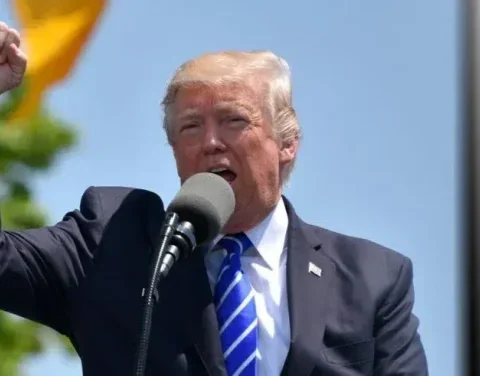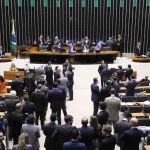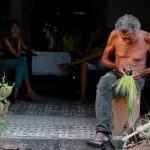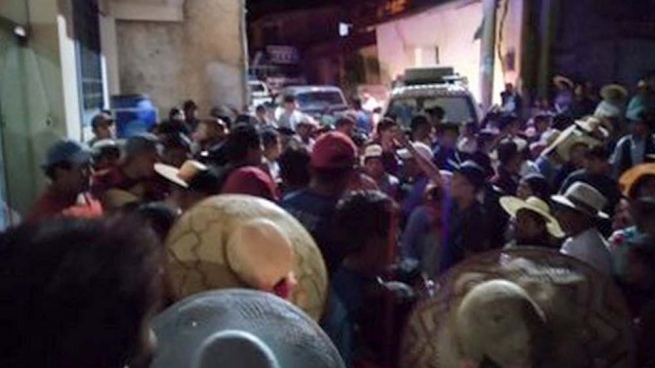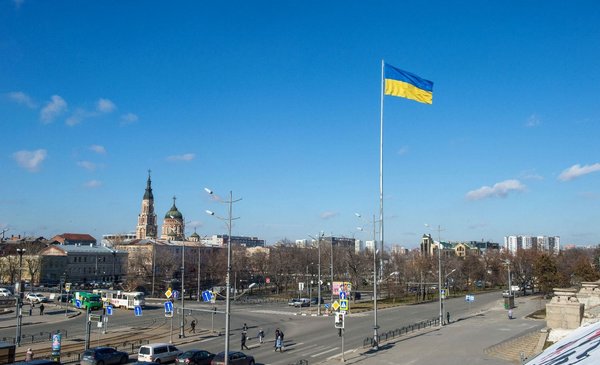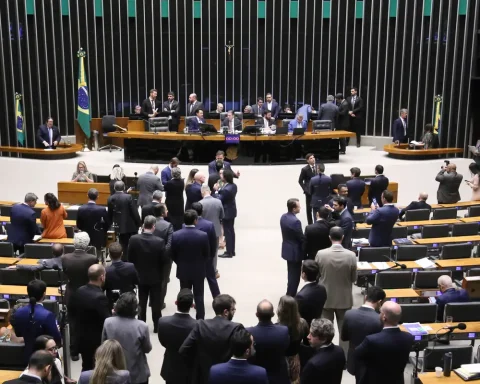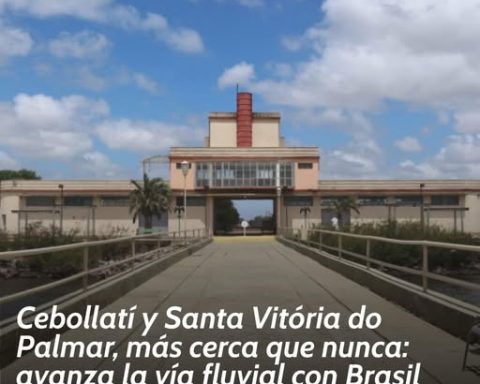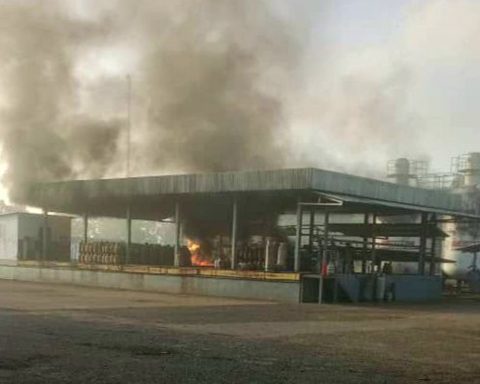The Moscow delegation is headed by Vladimir Medinski, adviser to the Russian president, and also includes Deputy Defense and Foreign Ministers Andrei Rudenko and Alexander Fomin, as well as the head of the State Duma committee for international affairs, Leonid Slutski. .
Meanwhile, the Kiev representation is made up of Defense Minister Alexei Reznikov; the adviser to the head of the presidential office, Mikhail Podoliak; and the head of the parliamentary faction of the ruling Servant of the People party, David Arajamia.
They are also part of the first deputy head of the Kiev delegation in the Contact Group to resolve the situation in Donbass, Andrei Kostin; deputy Rustem Umerov; and the Deputy Minister of Foreign Affairs, Nikolai Tochitski.
Arajamia said on Monday that in the talks, Ukraine needs to calmly listen and weigh Moscow’s proposals, taking into account their impact on the country and its citizens.
Russia launched a military operation on February 24 in the Ukrainian autonomous region of Donbass, after the authorities of the self-proclaimed Donetsk People’s Republics (DPR) and Lugansk (LPR) requested help to repel Kiev’s aggression.
Previously, Moscow recognized the independence and sovereignty of both territories and signed treaties of friendship, cooperation and mutual assistance with those leaders, which included the establishment of diplomatic relations and military aid.
Russian President Vladimir Putin, in a televised speech, stated that the goal of the operation is to protect the population of Donbass from abuses and genocide by Kiev over the past eight years and to “demilitarize” Ukraine.
According to the Russian Defense Ministry, the attacks are aimed at military infrastructure, air defense facilities, airfields and military aviation. He stressed that the civilian population of Ukraine is not threatened.
The Government of Ukraine broke diplomatic relations with Moscow, decreed martial law in the country, demanded financial and humanitarian aid from the international community, while demanding sanctions and “isolating by all means and formats” Russia. Putin said that Russia does not plan to occupy Ukrainian territories, but rather to defend the right of the peoples of Ukraine to self-determination.
He also reiterated that Moscow cannot allow Kiev to acquire nuclear weapons and continue to militarize, which constitutes a danger to the country’s security. He stressed that NATO’s continued eastward expansion is unacceptable.
The clashes have caused the destruction of more than a thousand Ukrainian military installations, as well as deaths and injuries, although so far the true dimension of the number of casualties of the parties is not known.
mem/mml


